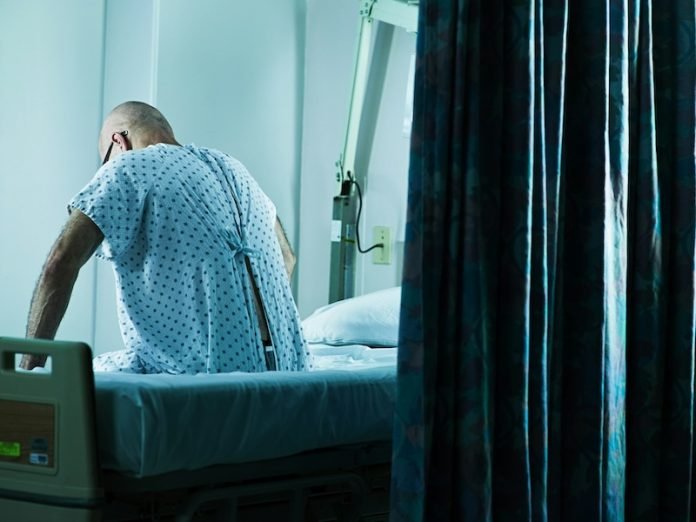
Colon cancer, a significant health concern worldwide, poses a particularly high risk for men. Recognizing the symptoms early on can be a game-changer, offering a better chance at successful treatment and survival.
This overview aims to demystify seven key symptoms of colon cancer in men, shedding light on this critical topic with straightforward explanations.
Changes in Bowel Habits: One of the hallmark signs of colon cancer is a noticeable shift in bowel habits. This could mean anything from experiencing diarrhea or constipation to noticing differences in stool consistency that last more than a few days.
While it’s common to have occasional bowel movement changes due to diet or stress, persistent alterations are worth discussing with a doctor.
Blood in the Stool: Perhaps one of the most alarming signs, the presence of blood in the stool can range from noticeable red streaks to a very dark coloration, almost like tar.
This symptom is often caused by the cancerous growth bleeding into the digestive tract. Although hemorrhoids can also cause blood in the stool, any instance of this symptom should prompt a medical consultation to rule out more serious conditions.
Unexplained Weight Loss: Losing weight without trying might seem like a welcome surprise to some, but it can be a red flag for colon cancer.
Cancer cells can consume a lot of the body’s energy, and the immune system’s response to the cancer can also increase calorie burn, leading to weight loss. If you’re shedding pounds without changes to your diet or exercise routine, it’s important to seek medical advice.
Persistent Abdominal Discomfort: Frequent gas, abdominal pain, cramps, or feeling full and bloated can all be symptoms of colon cancer. As tumors grow, they can cause discomfort or even pain in the abdomen.
This discomfort might come and go, but if it’s persistent or severe, it’s a symptom that shouldn’t be ignored.
Feeling That the Bowel Doesn’t Empty Completely: If you often feel like you still need to go after having a bowel movement, it could be a sign of colon cancer. Tumors in the colon can obstruct normal bowel movements, making it feel as though you’re not fully emptying your bowels.
Weakness or Fatigue: General weakness or feeling unusually fatigued can also be indicative of colon cancer, especially if it’s chronic. Cancer can cause fatigue by affecting blood’s iron levels, leading to anemia, or simply by disrupting the body’s normal energy usage.
Unexplained Anemia: Anemia, a condition characterized by a lack of red blood cells, can be a subtle symptom of colon cancer in men.
The bleeding caused by tumors can lead to iron deficiency, the most common cause of anemia. If routine blood work shows low iron levels, it could be a clue to look more closely at the colon.
Understanding these symptoms and their potential connection to colon cancer is crucial. However, it’s important to remember that these symptoms can also be caused by other, less serious conditions.
The key takeaway is not to panic but to be proactive. Regular screening, especially for those over the age of 45 or with a family history of the disease, is essential for early detection.
If you or someone you know is experiencing any of these symptoms, it’s important to consult with a healthcare provider. They can conduct or order screenings like colonoscopies, which are the most effective way to detect colon cancer early.
Remember, early detection is the most powerful tool in the fight against colon cancer, offering the best chance for successful treatment and recovery.
If you care about cancer, please read studies about a new method to treat cancer effectively, and this low-dose, four-drug combo may block cancer spread.
For more information about cancer prevention, please see recent studies about nutrient in fish that can be a poison for cancer, and results showing this daily vitamin is critical to cancer prevention.
Copyright © 2024 Knowridge Science Report. All rights reserved.



